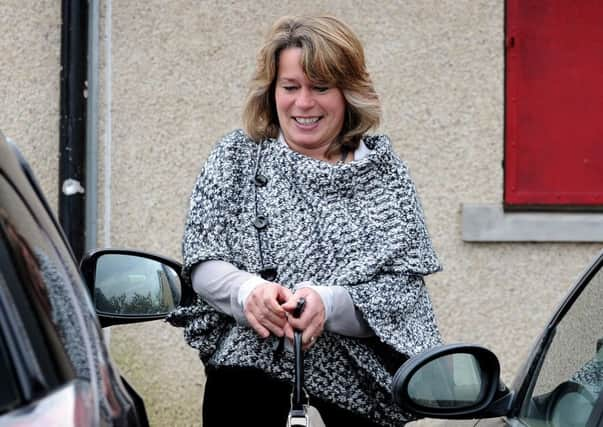Leader comment: MP investigation cast a long shadow


In Ms Thomson’s case, despite the Crown Office finding that there was insufficient evidence to support allegations of her being involved in mortgage fraud, the consequences for her have been severe indeed.
Westminster politics is well-known for its drama and ever-changing cast of characters, especially intakes of newly-elected MPs, keen to make a name for themselves.
Advertisement
Hide AdAdvertisement
Hide AdThere was Ms Thomson, only a few months into her political career as MP for Edinburgh West, and seen as one of the party’s rising stars, when she had to resign the party whip after police launched an investigation into property deals conducted by her lawyer.
Then she was deselected by the SNP after Prime Minister Theresa May called a snap general election in June, effectively the end of Ms Thomson’s Westminster career.
Meanwhile the SNP lost the seat at both the Scottish and UK elections.
Had Mrs May not called a snap election, yesterday’s announcement could potentially have seen Ms Thomson, who was sitting as an independent MP, re-take the SNP whip, and defend her 2015 majority.
But if that all seems unfair, the fact is that it had to happen.
The Crown Office may have decided that there was insufficient evidence, but Ms Thomson had been under investigation over a very serious allegation. The police would not have sent a report to the procurator fiscal if investigators had not reached the conclusion that there could be a case to answer.
In those circumstance, with such a cloud hanging over her head at a time when the public was demanding greater transparency from its elected representatives, it could not be business as usual for Ms Thomson as an SNP MP.
The party’s national executive was right not to yield to calls from the party group at Westminster for her to be reinstated before proceedings were concluded.
What happened to Ms Thomson may seem unfortunate, and to some, unfair.
But the correct procedure had to take place, and a thorough investigation was required.